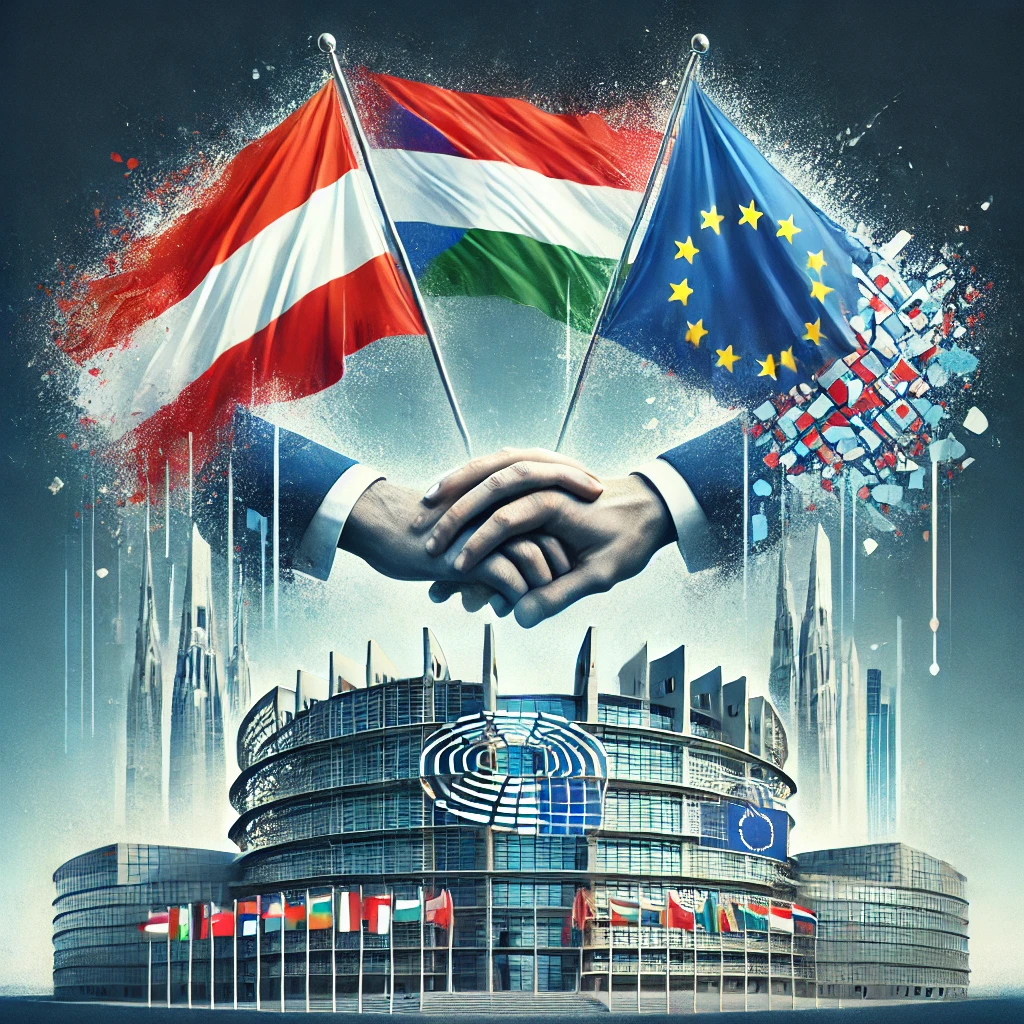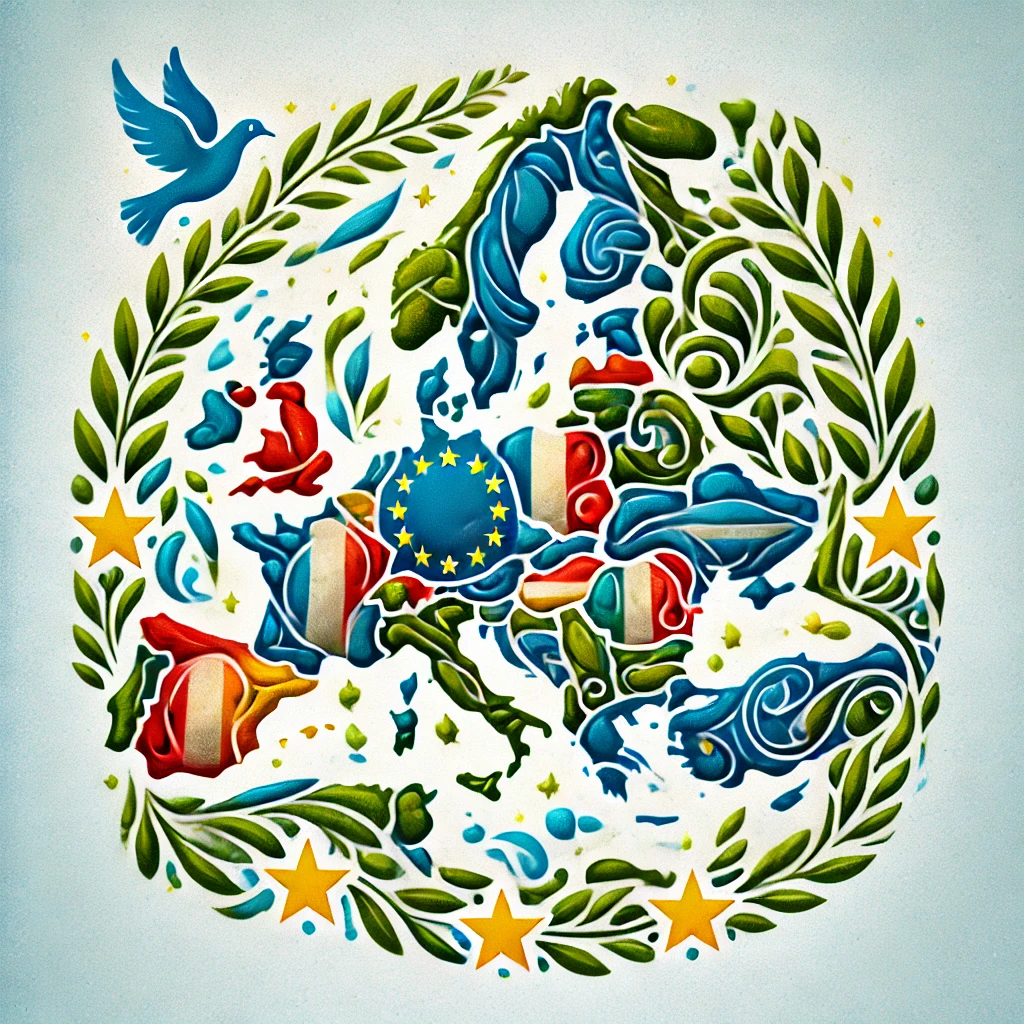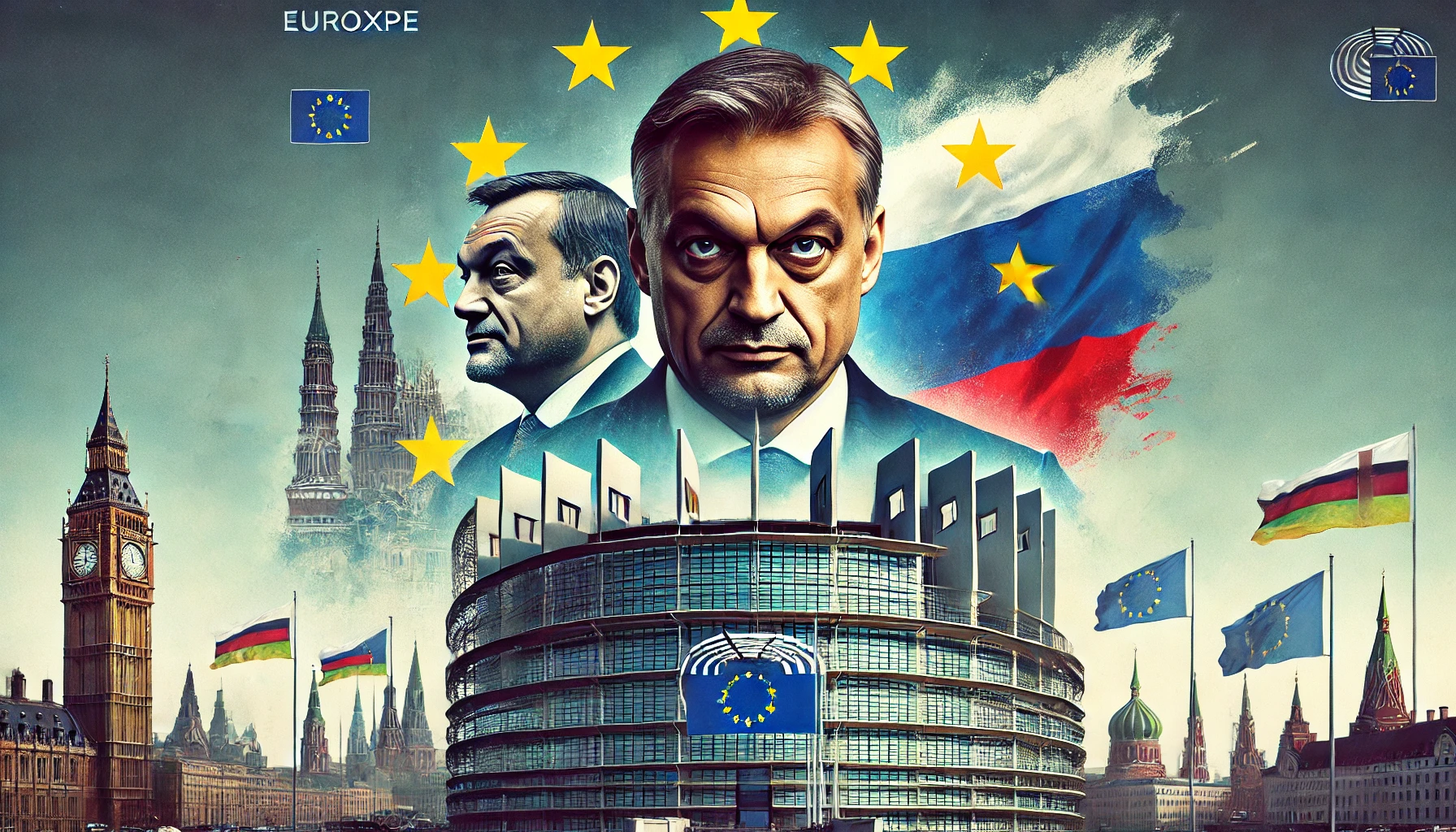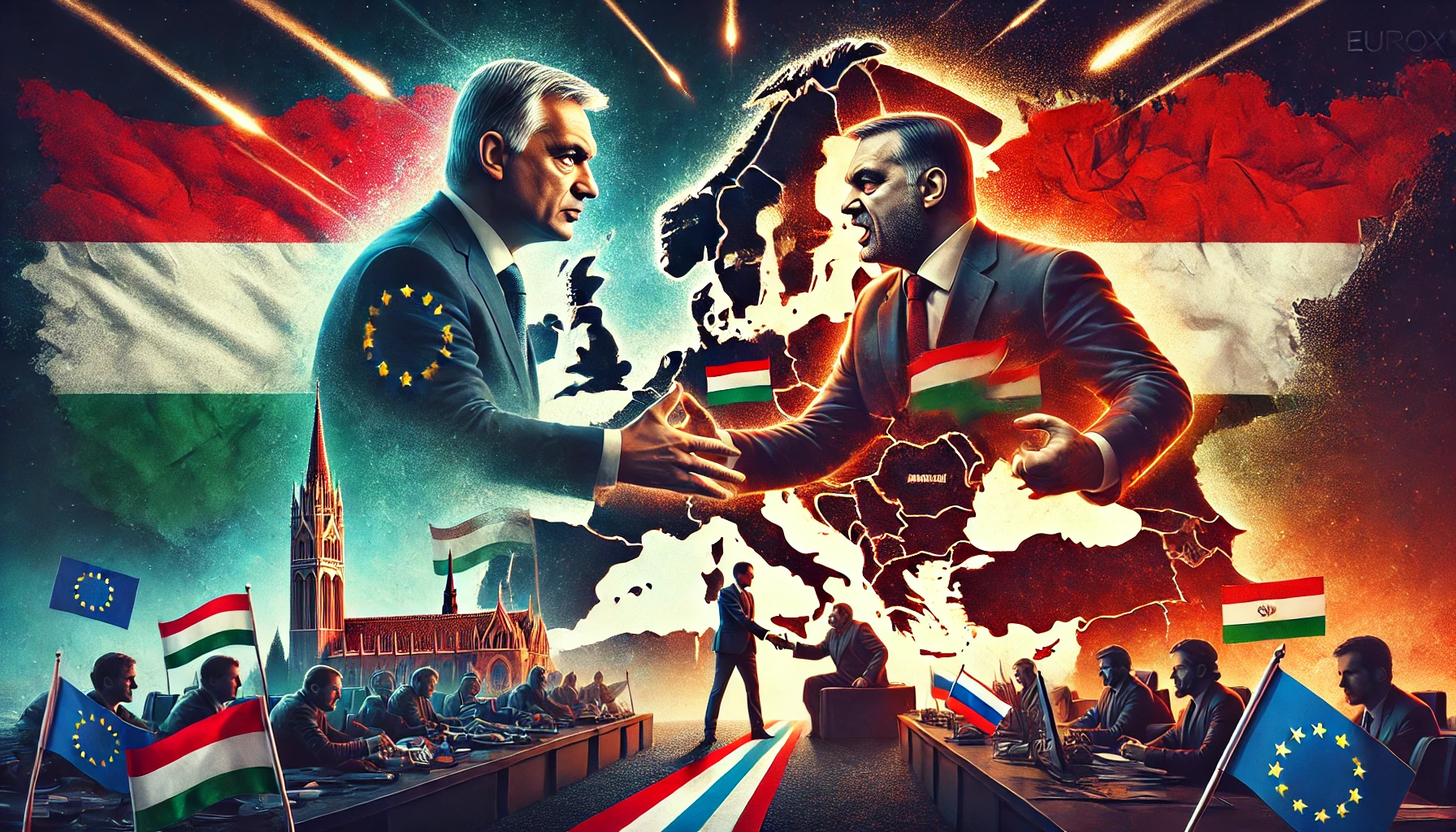In a significant development within European politics, a new far-right alliance has emerged, spearheaded by Austria’s Freedom Party (FPO), Hungary’s Fidesz, and the Czech ANO party led by Andrej Babiš. This coalition, known as the “Patriots for Europe,” marks a concerted effort by these populist and nationalist forces to reshape the future of the European Union.
Hungarian Prime Minister Viktor Orbán announced the formation of this alliance during a joint press conference with Herbert Kickl, leader of the Austrian Freedom Party, and Andrej Babiš. Orbán emphasised the group’s ambition to create a new platform within the European Parliament, stating, “We take on the responsibility to launch this new platform and new faction. I want to make it clear that this is our goal.” His call to action signals a pivotal moment in European politics, where the far-right continues to gain momentum.
The Patriots for Europe alliance is currently seeking the necessary support to be officially recognised as a political group within the European Parliament. According to EU regulations, parties from at least a quarter of the European Union’s 27 member states must back the formation of a new political group. This would require the involvement of parties from at least four other countries, a challenge that the group appears eager to meet.
Viktor Orbán described the formation of this alliance as the beginning of a “new era” in European politics. He asserted that this development could be the “decisive moment” for the far-right to assert greater influence within the European Union. The alliance’s leaders signed a “patriotic manifesto”, which promises “peace, security, and development” as an alternative to the “war, migration, and stagnation” that they claim has been imposed by the “Brussels elite.”
The formation of the Patriots for Europe signals a broader trend of growing nationalism and euroscepticism across the continent. The Austrian Freedom Party (FPO) is already a member of the Identity and Democracy group, which includes other prominent far-right parties such as France’s National Rally and Italy’s League. Meanwhile, Viktor Orbán’s Fidesz has remained unaffiliated with any of the larger political groupings since its departure from the European People’s Party (EPP) in 2021. The Czech ANO party, led by the billionaire former Prime Minister Andrej Babiš, recently left the Renew Europe group, a move that underscores the shifting dynamics within the European Parliament.
The Patriots for Europe alliance has emerged at a time when far-right parties are making notable gains in various European countries. The recent EU elections saw these three parties performing strongly in their respective nations, reflecting a growing appetite among voters for more nationalist and populist agendas. As the alliance seeks to expand its influence, it will be crucial to watch how other far-right and eurosceptic parties respond and whether they will join this emerging coalition.
As the European Union faces significant internal and external challenges, the formation of this new alliance is likely to exacerbate existing tensions and provoke further debate about the future direction of the bloc. The coming months will be critical in determining whether the Patriots for Europe can solidify their presence within the European Parliament and what impact they will have on the broader political landscape.






